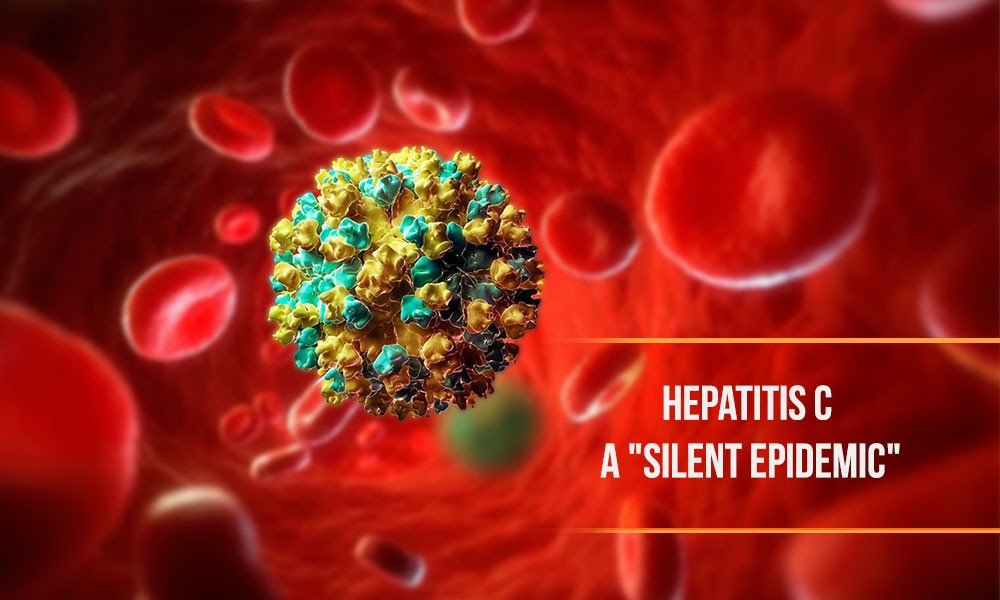Among all the dangerous enemies which are silently creeping into society and threatening the lives of the people in Ghana, one which goes unnoticed is the Hepatitis C Virus (HCV).
Although active measures have been and are being taken to prevent the transmission of this ailment across the world, Ghana is still at risk.
HCV is transmitted mainly through the blood and this is usually as a result of unsafe practices in the medical field, transfusion of blood and sharing of needles. The biggest issue that defines HCV as particularly problematic is that it is mostly symptomless.
This is because, for many years, it can hide in a person’s body without being detected and in the long run, it ravages the liver and leads to rather severe conditions such as cirrhosis and liver cancer.
It is clear that the proportion of the Ghanaian population affected by HCV is not uniform, depending on the region. While it is difficult to pinpoint specific data that are generalisable across the nation, neighbouring countries such as Cameroon and Burkina Faso reveal considerable proportions of influence.
Challenges
Diagnostic challenges worsen the scenario in Ghana, although rapid tests can be handy; even though they might not always be accurate.
An improved diagnostic tool is still out of reach for many patients because of its cost and unavailability, and as such, many people are still undiagnosed and have no access to proper treatment.
Curbing the spread of the disease is, however, not the only challenge but also the treatment of the disease presents another big challenge.
Although direct-acting antivirals (DAAs) can cure over ninety per cent of HCV, they are expensive and not easily accessible in Ghana, limiting treatment and monitoring.
This not only affects the population’s health but also depletes the economy as well since severe liver diseases are quite costly to clients and their families.
Strategic approaches
For the ailment of Hepatitis C Virus to be eradicated totally, so many strategic approaches have to be employed.
First of all, it is necessary to focus on providing all the hospitals and clinics with instruments that would allow the identification of the real state of the patient and use proper approaches to the solution of the problem.
Screening and other promotional activities, especially in the high-risk population within a community such as injectable drug users, should be encouraged to pass information on the disease and how to avoid its spread.
Also, the support of the government and the international community is required to make HCV treatments effectively available and inexpensive throughout the given country.
Attention
Therefore, as Hepatitis C may not always make the headlines, it requires the attention of all. It is within this light that the government, through a growing appreciation for the role of public health, should place HCV at the forefront of the implementation of public health strategies and by providing optimal interventions for the control of the disease, the country can go a long way in halting this silent killer.
The writer is a student of the University of Health and Allied Sciences.
E-mail: ocanseyjamesteye@gmail.com















